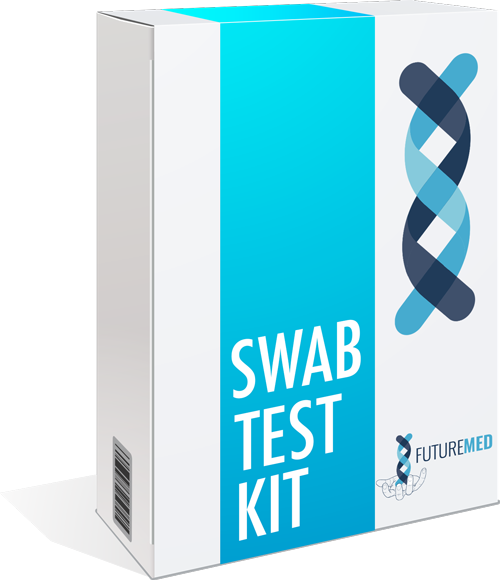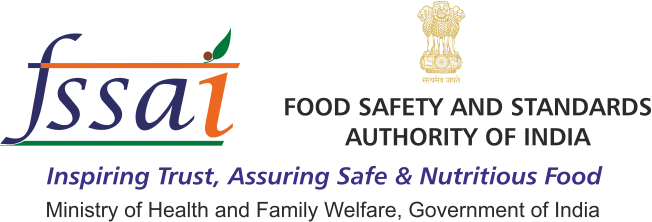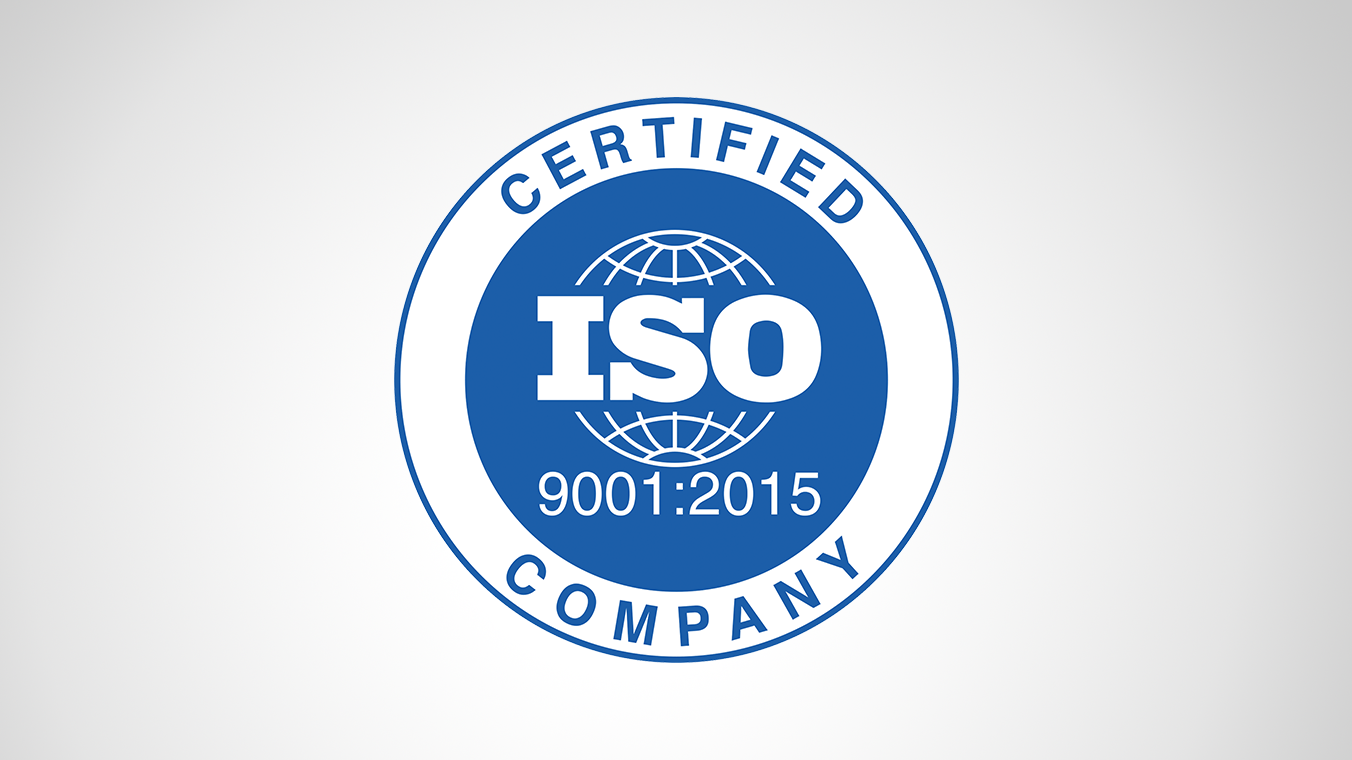FAQs
What are Genes? What is DNA?
GENES
A gene is the basic physical and functional unit of heredity. Genes, which are made up of DNA, act as instructions to make molecules called proteins. In humans, genes vary in size from a few hundred DNA bases to more than 2 million bases. Every person has two copies of each gene, one inherited from each parent. Alleles are forms of the same gene with small differences in their sequence of DNA bases. These small differences contribute to each person’s unique physical features. Genes can tell you whether you are predisposed to specific health risks.
GENE VARIATIONS
Gene variations are slight changes in the genetic code that are present in at least one percent of the population. No two people, except for identical twins, are genetically identical. We study this variation in order to better understand ourselves and use this knowledge to improve our health and well-being. Variations are simply differences in the genetic sequence. To simplify this, one base (A, T, c, or G) may be replaced by another in DNA sequence. These variations leads to different processes in our body, just as an alteration of a letter in a word can completely change its expression.
DNA
DNA, or deoxyribonucleic acid, is the hereditary material in humans and almost all other organisms. Nearly every cell in a person’s body has the same DNA. The information in DNA is stored as a code made up of four chemical bases: adenine (A), guanine (G), cytosine (C), and thymine (T). Human DNA consists of about 3 billion bases, and more than 99 percent of those bases are the same in all people. The order, or sequence, of these bases determines the information available for building and maintaining an organism, similar to the way in which letters of the alphabet appear in a certain order to form words and sentences.
How is the testing done, will it be painful?
No it is a non-invasive test you just have to rub the swab in the inner cheeks and gums. For certain tests such as, oncology, newborn screening and certain clinical diagnostics tests, blood samples are required.
How long will it take to get my test results?
Tests results take up to about 4 weeks.
Are test results kept confidential?
Yes. We take our privacy very seriously. Your genetic and medical information are protected and not shared.
How much will it cost?
Wellness Pharmacogenetics Clinical Genomics
What are the guidelines stated by the FDA and CPIC for Genetic Testing
To know more about the guidelines we follow, click here (add hyperlink to the information we want to provide)
What exactly is the FutureMed Fitness Report?
In the fitness report, we look at genes that can impact how well you respond to training or different exercises, how quickly you recover, and how likely you are to get injured.
Can this test results be used to prepare a diet and exercise plan?
Yes. This testing is done to understand variations in genes that contribute to strengths and weaknesses of an individual. With the help of certified Dieticians, Sports and Clinical Nutritionists the best plan can be prepared without hit & trial plans.
Why do I need a DNA Genetic test if I am already doing regular physicals and lab checks?
This test is based on your genetics and your DNA does not change. Regular Lab checks are based primarily on blood samples that are subject to change. Both are essential in optimizing your health goals.
How you will understand your report?
The Test report designed using simple language, so it’s easy to understand your report. We also provide technical counseling on phone/Skype/ at our premises.
What is pharmacogenomics?
Pharmacogenomics uses information about a person's genetic makeup, or genome, to choose the drugs and drug doses that are likely to work best for that particular person. This new field combines the science of how drugs work, called pharmacology, with the science of the human genome, called genomics.
What is Genetic testing?
Genetic testing uses laboratory methods to look at your genes, which are the DNA instructions; you inherit from your mother and your father. Genetic tests may be used to identify increased risks of health problems, to choose treatments, or to assess responses to treatments.
What is FUTUREMED?
A genetic testing company focused on personalized medicine and wellness to empower individuals to take control of their bodies and know their genetic blueprint before making choices. FUTUREMED works with clinicians, skin specialists, dieticians, nutritionists and fitness trainers to provide comprehensive, reliable genomic information with the ultimate goal of improving health through personalized medicine, nutrition and fitness. Capabilities include diagnosing genetic disorders, identifying genetic risks and drug allergies to avoid adverse drug reactions.
What will a genetic test tell me about myself?
Understanding a little about the science behind genetics will help in determining aspects that can help us live our best lives. To start, a SNP
Depending on which FutureMed Health & Wellness Genetic test you choose - the tests analyze many genes that are unique to your body in relation to optimal health and athletic performance. Educating yourself about your own genetic information will provide personal data that can help you make more informed health-related decisions about your personal health, goals, dietary habits, fitness, nutrition, and weight management that are best for YOU and your genes.
How is a DNA Genetic test different from an ancestral genetic test?
When many people hear about genetic testing, they almost automatically assume the test is about ancestry, or where their mothers and fathers family and genetic makeup comes from. Ancestral genetic testing only offers information on the genealogy of where your ancestors came from and other genealogical factors, such as your hair and eye color. The FutureMed Health & Wellness Genetic tests are different, as they do not test ancestry at all. Instead they emphasize the genes that are most important to your diet, nutritional supplementation (vitamins, minerals, antioxidants), fitness (Exercise response, Injury risk, Aerobic/ Anaerobic capacity, Power & Endurance Training) , emotional and addictive behaviors, which is why we call them Health & Wellness tests.
Will the test reveal details about my family heritage, i.e. paternity or maternity tests?
No. Only an ancestry or paternity genetic test can help determine family heritage.
I’ve got a high injury risk. This means I shouldn’t do sport, because I’m going to get injured, right?
No, not at all! It just means that you have to be proactive in reducing your injury risk. This means focusing on areas that are most at risk due to your sport (so, if you’re a runner, the Achilles tendon), or those you have injured before.
Will a DNA Genetic test help me to lose weight?
Yes, It is an outstanding tool to help with weight loss. Weight Loss genetic report gives you all weight management parameters such as Eating behaviour, Fat metabolism, BMI , Metabolic factors-LDL, HDL,Triglycerides, Response to exercise amongst other factors.
Does this test include Food Intolerances & addiction response?
Yes, the Nutrition Report includes Lactose & Gluten Intolerances & addiction responses like Alcohol, Nicotine, Caffeine, Snacking amongst other genetic pre-dispositions.
How Pharmacogenetics test help with my medicine dosage?
Yes. This test gives personalised recommended dosage, absorption/ metabolization response to the medicine. Please consult your Physician /Doctor for any medicine prescription.
What is our Sample Collection method?
Sample Collection method is non-invasive & easy, we use Buccal swab (Cheek swab). Further for specific sample requirement, please visit Test Panels . Please check the Sample Collection procedure before collecting the sample.



